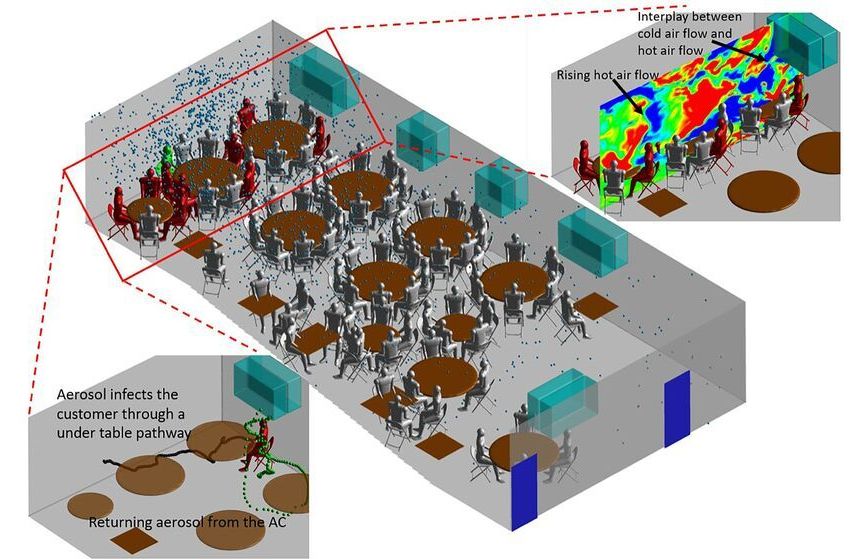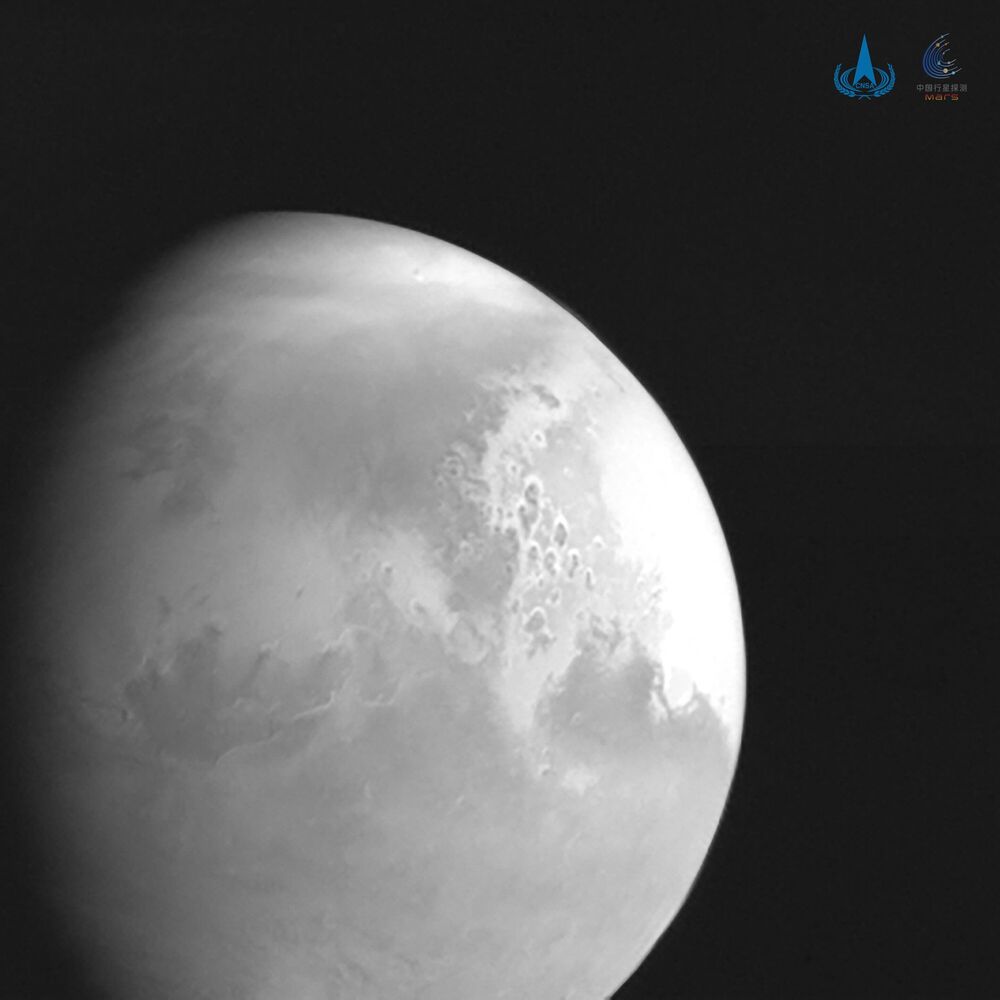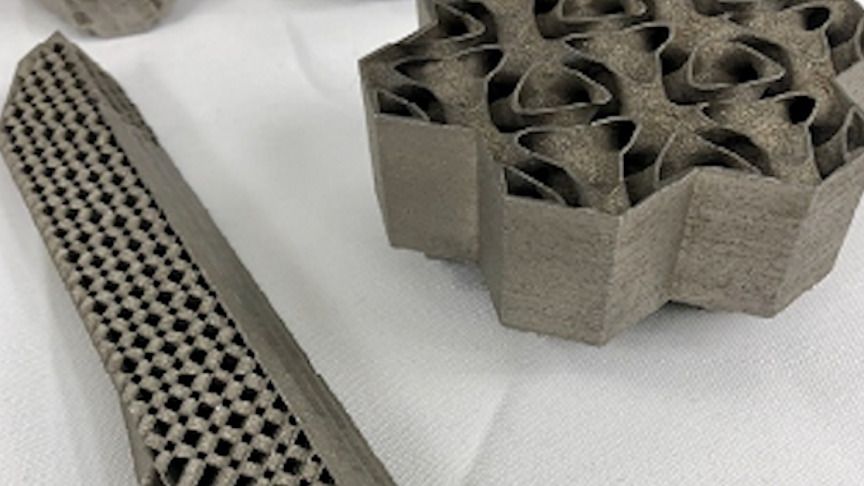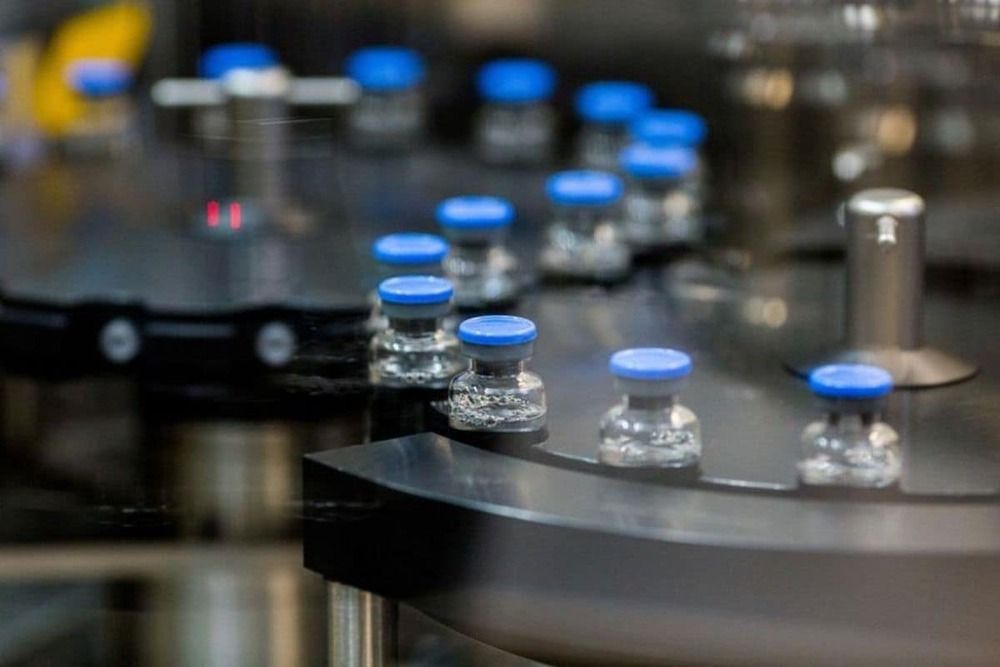Flip flops from plants. 😃
Researchers at the University of California San Diego have figured out how to turn algae into flip flops. They founded a startup to sell the shoe, but face a challenge in getting their invention mass produced: There aren’t enough algae farms to support the startup’s supply chain.
MORE WORLD WIDE WASTE VIDEOS:
How Avocado Waste Is Turned Into Plastic | World Wide Waste.
This $500 Designer Handbag Is Made From Aluminum Cans | World Wide Waste.
https://www.youtube.com/watch?v=GHYGvCxsmuc.
How Old Tires Are Turned Into Electricity | World Wide Waste.
#Algae #Pollution #BusinessInsider.
Business Insider tells you all you need to know about business, finance, tech, retail, and more.





